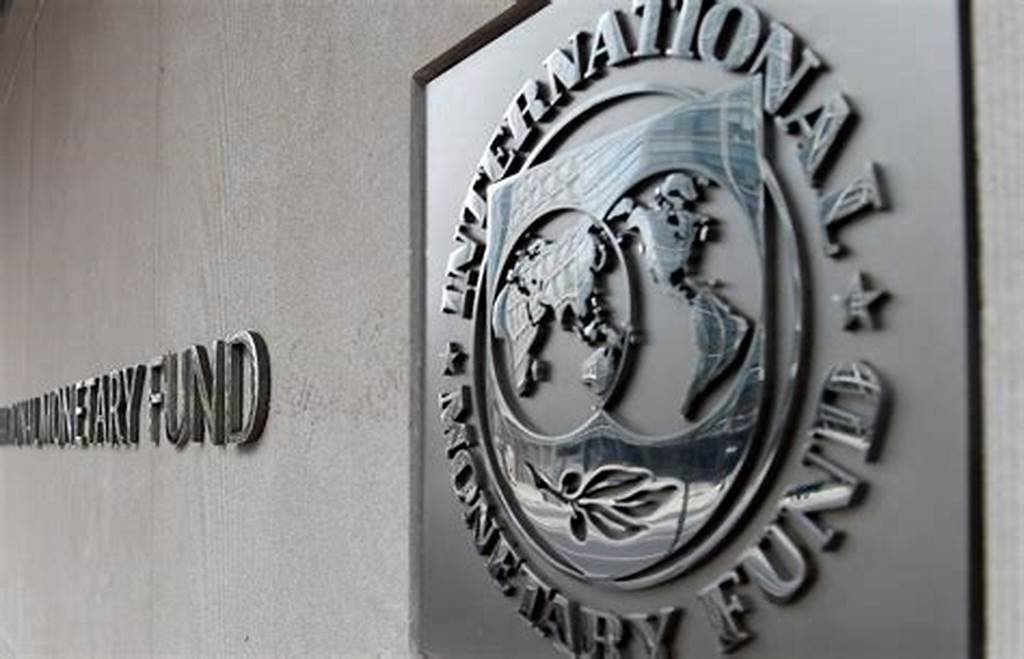IMF Raises Nigeria's Economic Growth Forecast for 2024
In a recent update to its World Economic Outlook for April, the International Monetary Fund (IMF) has revised upwards Nigeria's economic growth forecast for 2024 from three per cent to 3.3 per cent. This adjustment was announced during the ongoing 2024 Spring Meetings of the World Bank and IMF in Washington, United States.
The IMF's latest forecast reflects an increase of 0.3 percentage points from the previous projection of 3.0 per cent, as published in the January 2024 World Economic Outlook. However, the IMF has taken a more conservative stance for 2025, reducing Nigeria's economic growth forecast to 3.0 per cent, a slight decrease from the 3.1 per cent projected earlier in January.
In the broader Sub-Saharan Africa region, the IMF has maintained its 3.8 per cent economic growth forecast for 2024 but has revised the 2025 forecast downward to 4.0 per cent, from the previously projected 4.1 per cent.
Globally, the IMF has raised its growth forecast for 2024 to 3.2 per cent, up from the 3.1 per cent projected in the January 2024 World Economic Outlook. The forecast for 2025 remains unchanged at 3.2 per cent.
The IMF attributes the global growth projection to factors such as restrictive monetary policies, withdrawal of fiscal support, and low underlying productivity growth. Advanced economies are expected to see a slight rise in growth, mainly driven by a recovery in the euro area, while emerging market and developing economies are expected to experience stable growth through 2024 and 2025.
Specifically for sub-Saharan Africa, the IMF projects an increase in growth from an estimated 3.4 per cent in 2023 to 3.8 per cent in 2024 and 4.0 per cent in 2025. This positive outlook is attributed to the diminishing impact of previous weather shocks and gradual improvements in supply issues.
Overall, the IMF's revised economic forecasts underscore both challenges and opportunities for Nigeria and the broader global economy. As the world navigates through evolving economic landscapes, policymakers and stakeholders will need to remain vigilant and adaptive to ensure sustained growth and stability.







